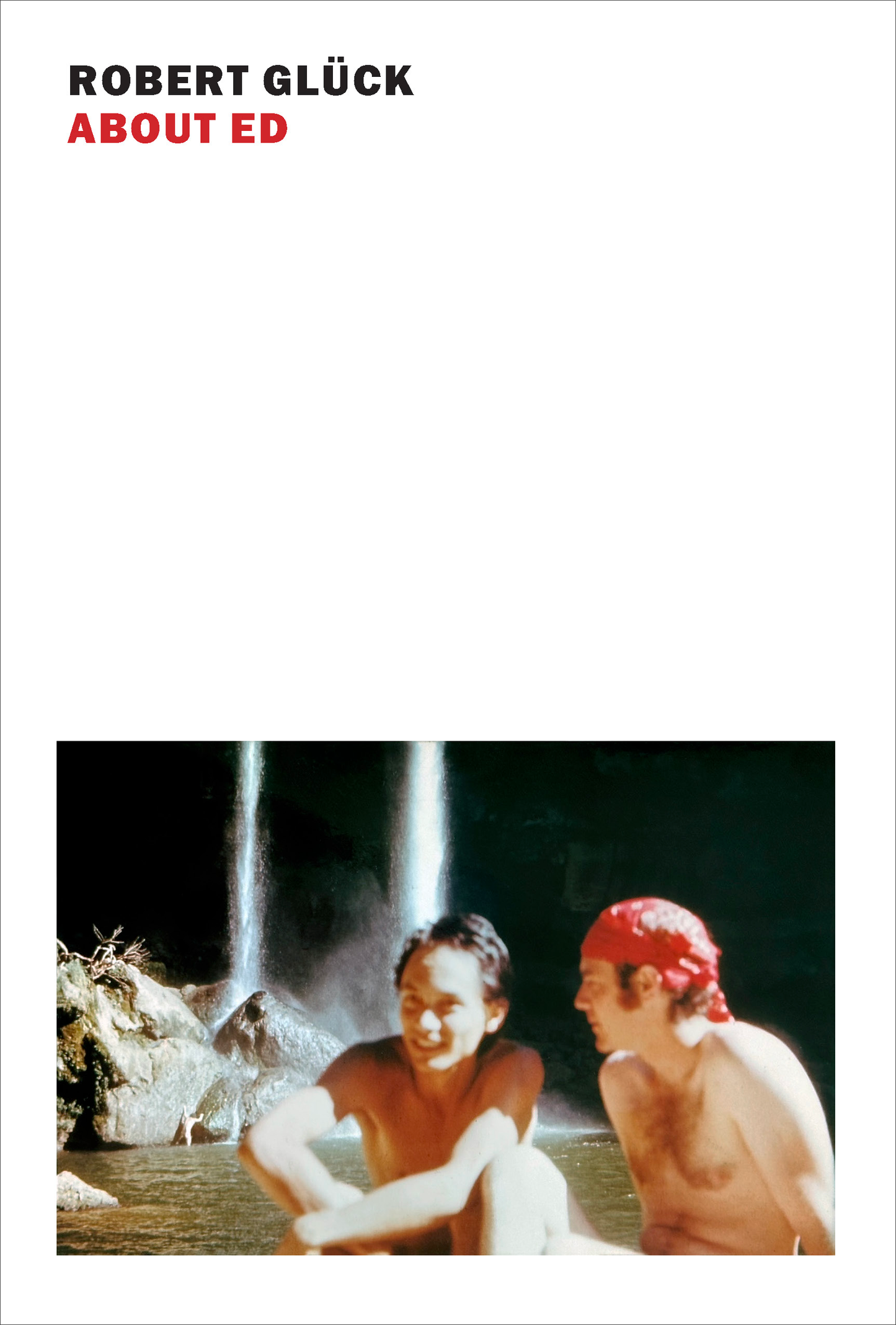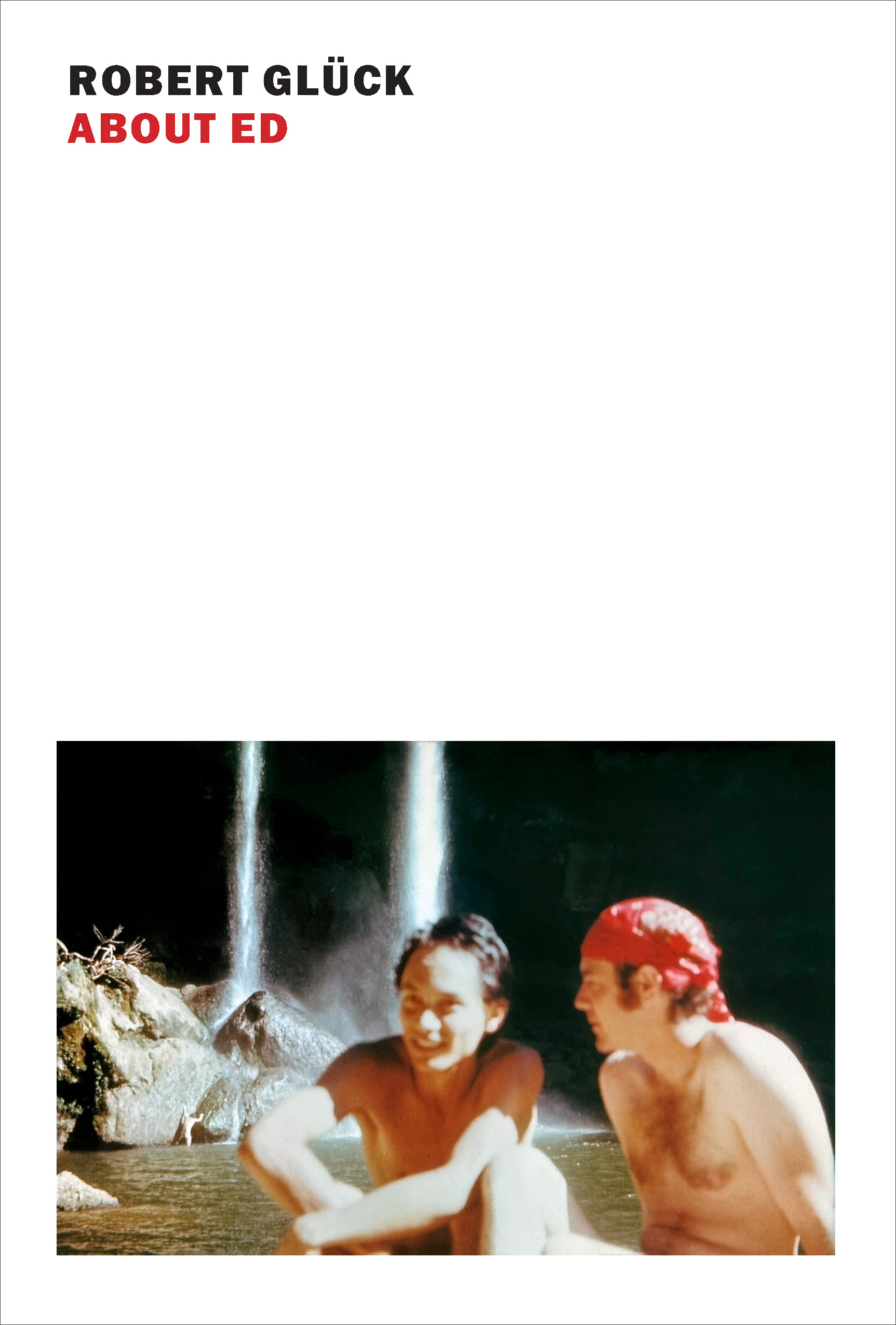I’ve probably never anticipated a book so eagerly. About Ed is love the way it happens: awkward, lyrical with antagonism, stuff & flourish. Love has duration and is irreplaceable. And this is such a book.
—Eileen Myles
[About Ed] joins a body of work whose shrewdness and dynamic formalism renders its content both startlingly immediate and sublimely abstract...Glück’s contribution to the AIDS-memoir genre plays with the deindividuation of grief, in his drag as Ed, in the reader’s as Bob. Glück tosses a ball to the reader—no, not a ball, a bone.
—Kay Gabriel, Book Forum
How to convey the power of this book? The achievement of its language is such that it resists easy translation into criticism as practiced in any conventional mode... Glück uses elements of Ed’s own journals and dream notebooks so that the work becomes a collaborative act, a collaboration that is extended to the reader who is asked to take on the burden and responsibility of memory. Glück characterizes About Ed as a tomb built in language: a tomb for Ed and, ultimately, for himself.
—John Douglas Millar, E-Flux
Ultimately, About Ed looks not so much toward the future as it does toward a suspended past. If this is a book about a lost loved one, it is also a memorial to a lost sensibility, a period in the 1970s when sex was “founded on hope,” before the onslaught of the AIDS crisis.
—Mattilda Berstein Sycamore, The New York Times
Both kaleidoscopic and bracingly tender, [About Ed] locates us in familiar New Narrative territory, with gossipy references to intimates whose names you are assumed to know (or quickly learn), playful pastiche and the campy aestheticization of ‘low’ culture....The writing is non-linear and echoic as it nonetheless fiercely inhabits the present.
—Sam Buchan-Watts, Frieze
The masterly latest from Glück, whose novel
Margery Kempe was reissued by NYRB Classics in 2020, examines sex, death, and literature through the story of his friend’s death from AIDS.... Based on 20 years of notes, including recorded conversations with Aulerich-Sugai and excerpts from his dream journals, Glück’s novel is as philosophical and theory-leaning as one would expect from a writer of the New Narrative movement, while still offering carnivalesque carnality, piercing humor, keen social observation, and a humane, earthy sensibility. This is a revelation.
—
Publishers Weekly, starred review
What Glück means by New Narrative seems to be, essentially, writing that narrates its narrating at the same time as it narrates something else. It is writing that questions itself and sometimes gives misleading answers, that conveys meaning and undermines it at the same time, eventually aiming at “total continuity and total disjunction”. . . . I like Glück’s writing for its sensuality, its generosity, and its enthusiasm.
—Barry Schwabsky, Hyperallergic






